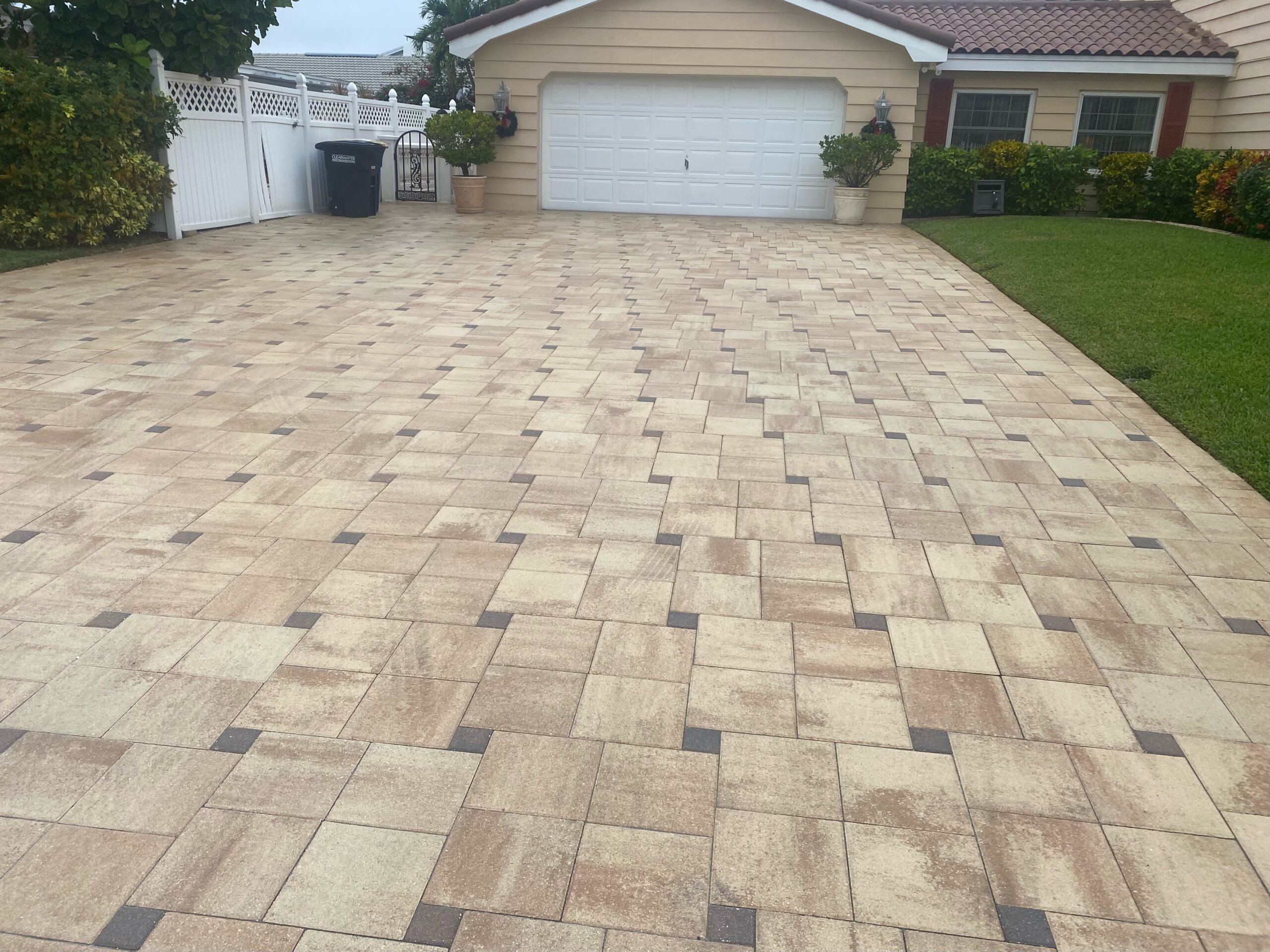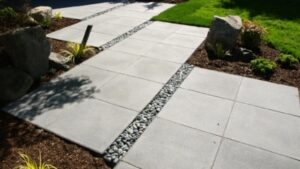What to Consider When Choosing the Right Paver Type
Pavers are an excellent choice for any outdoor project. They are durable, low-maintenance, and come in a variety of shapes, colors, sizes, and materials. It can be difficult to decide which paver type is best for your project, so let’s take a look at some things to consider when selecting pavers.
Paving Material
The type of paver material you choose will largely depend on the area you want to pave. For instance, clay brick pavers are perfect for patios due to their strength and durability, whereas concrete pavers are better suited for driveways because they can handle heavy loads like cars and trucks. Natural stone pavers also make great choices for outdoor projects because they come in a wide range of colors, textures, and shapes. Additionally, some natural stones such as travertine have anti-slip properties that make them great for pool decks and wet areas.
Installation Method
Another factor to consider when selecting pavers is the installation method used. Most paving projects require either dry-laid or wet-laid installation methods. Dry-laid installations involve laying out the pavers on top of a layer of sand or gravel and then compacting them into place with a plate compactor or other tool. Wet-laid installations involve mixing cement with water or mortar to create a slurry that is spread across the area before laying down the pavers. This method creates a strong bond between the pavers and the base, making it ideal for driveways or areas exposed to heavy traffic or weather conditions like rain or snow.
Cost & Maintenance
The cost of your paver project will vary depending on the type of paver material you select as well as how much labor is required for installation. Generally speaking, natural stone pavers tend to be more expensive than concrete or clay brick options due to their unique characteristics and color variety. Additionally, some materials require more maintenance than others, so it is important to research this aspect before making your final decision. For instance, clay bricks need annual sealing while concrete does not require any additional treatment beyond regular cleaning with water and mild detergent solutions.
Conclusion:
Choosing the right paver type for your project can be daunting but we at Pinellas Pavers are here to help! Considering factors such as material type, installation method, and cost & maintenance requirements you can ensure that you select the perfect option for your needs! These things will help ensure that you end up with beautiful results that last a lifetime! So don’t wait any longer – start researching what type of paver best suits your outdoor project today!



